The Ripple Effect
-News and Commentary-
Forgotten Frontlines: The Other Wars America Doesn’t Talk About
- Home
- News and Commentary
- Forgotten Frontlines: The Other Wars America Doesn’t Talk About
Share On Social
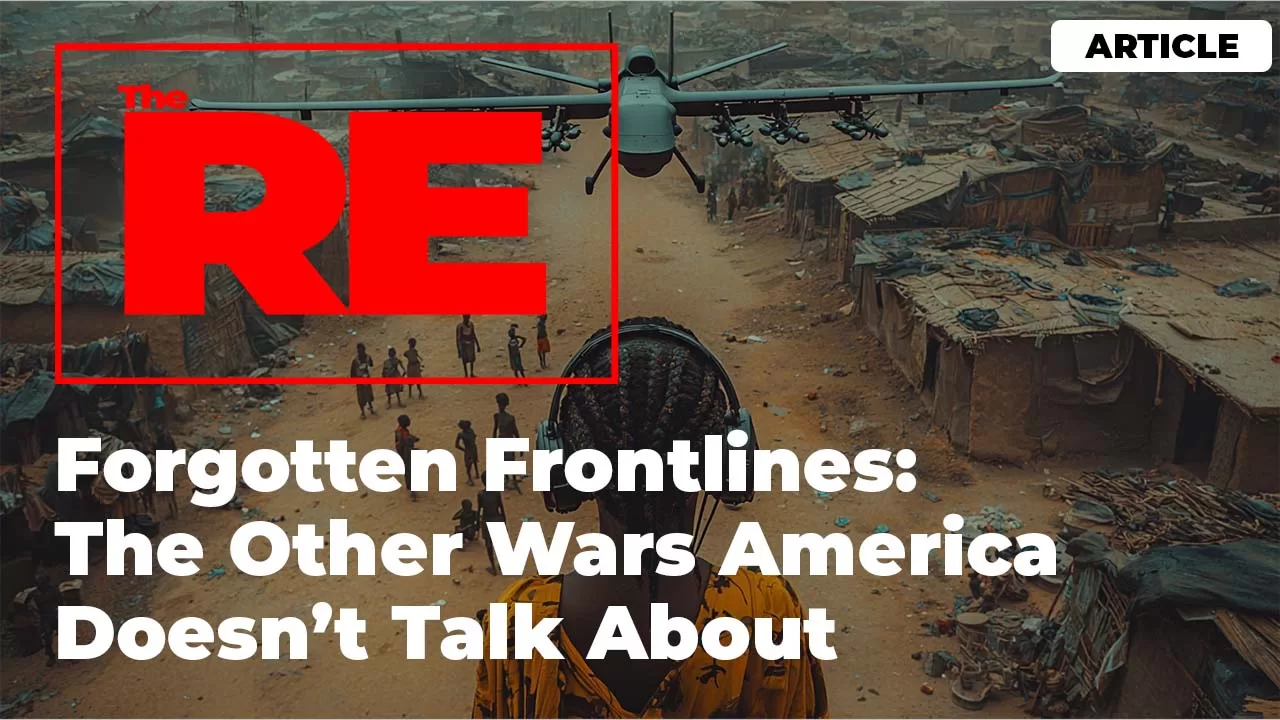
There are American boots on the ground in countries most people cannot find on a map. There are drone strikes that never make the news. There are casualties with no headlines, no viral footage, and no public debate, just silence.
Most people think of war as something loud. Explosions, flags, briefings from the Pentagon. But the truth is, some wars are quiet. They do not ask for your attention. They do not show up in your feed. They exist just beneath the surface, out of sight, but never out of consequence.
Somalia. Yemen. Sudan.
These are not footnotes in American foreign policy; they are active zones of engagement, and they have been for years. There are special forces stationed there. There are airstrikes being carried out. There is intelligence being gathered. There are civilians living in fear, every single day.
But we do not talk about it. We talk about Russia. We talk about China. We talk about the next election. But we rarely talk about the places where war has become a routine operation, where American presence has been normalized without consent, without clarity, and without accountability.
In Somalia, American troops have been operating under the justification of counterterrorism, fighting off groups like al-Shabaab. But what began as targeted missions slowly turned into ongoing operations, with shifting goals, limited transparency, and no clear end in sight.
In Yemen, we were told we were supporting an ally, providing arms to Saudi Arabia, offering logistical support. That support became complicity. Complicity in airstrikes that killed schoolchildren, in blockades that triggered famines, in a conflict that tore a country in half.
And then there is Sudan, a nation caught in waves of unrest, where civil conflict has created the perfect cover for quiet interventions, for influence, for presence, for strategy.
These are not theoretical wars. They are real. They are funded. They are maintained. And the cost is not just in dollars. It is in lives. In trust. In what it means to act in the name of democracy while staying silent about where and how we use our power.
The truth is, these wars are not secret; they are just not spotlighted. They live in official documents, in briefings, in quiet acknowledgments from military spokespeople who know they will not be asked to explain, because no one is asking.
And that is the danger, not just the actions, but the lack of attention. Because when war becomes background noise, it becomes easier to expand, to deepen, to justify.
The public silence around these operations is not an accident. It is a design. War without attention is easier to manage, easier to fund, easier to explain only when it becomes inconvenient. These missions slip through appropriations, are buried in classified briefings, and framed as limited or defensive. But the reach is long, and the impact is lasting.
What makes these forgotten frontlines dangerous is not just what we are doing; it is what we are normalizing. It is the idea that America can remain perpetually engaged in shadow conflicts, with little oversight and even less debate. It is the quiet shift from declared wars to undeclared presence, from battlefields with endings to landscapes where engagement never stops.
The moral cost adds up. Not in speeches, but in stories never told. Children growing up with drones overhead. Villages learning to live around checkpoints that were never supposed to be permanent. Families burying loved ones with no one held responsible. And here at home, the public remains disconnected. These are not our sons and daughters on TV. These are not banner headlines. These are wars without faces, without timelines, and often, without truth.
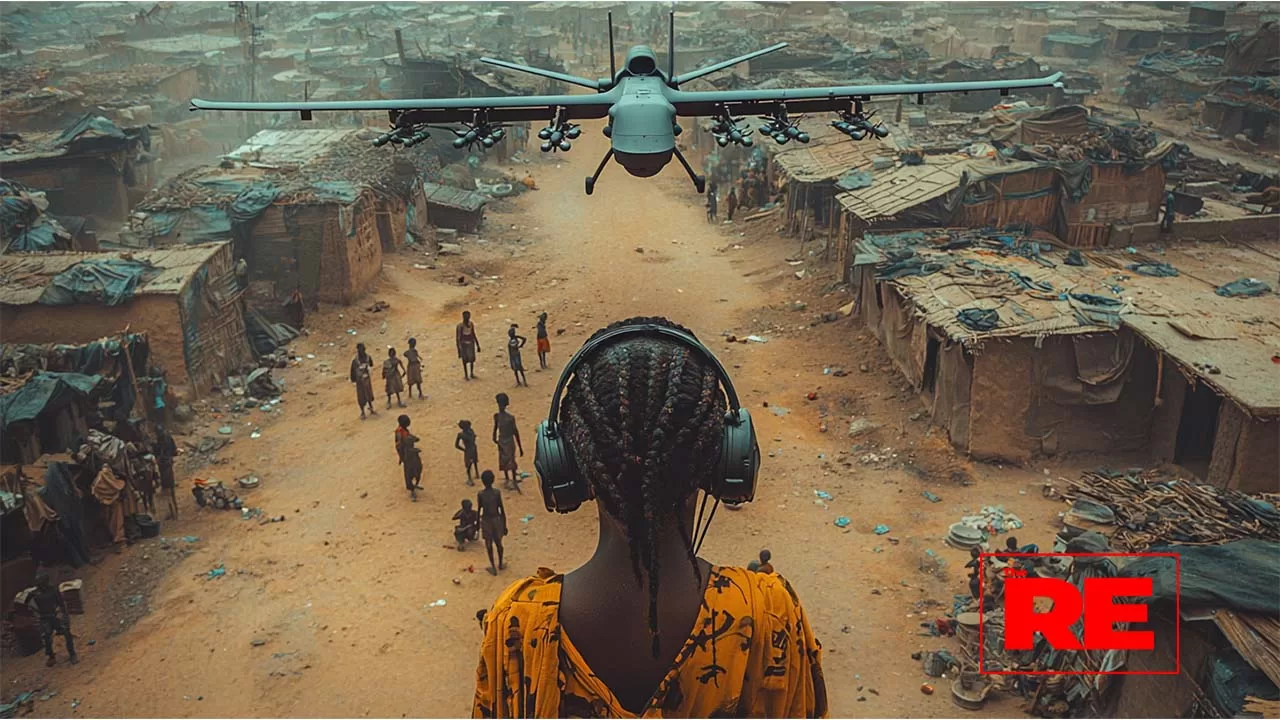
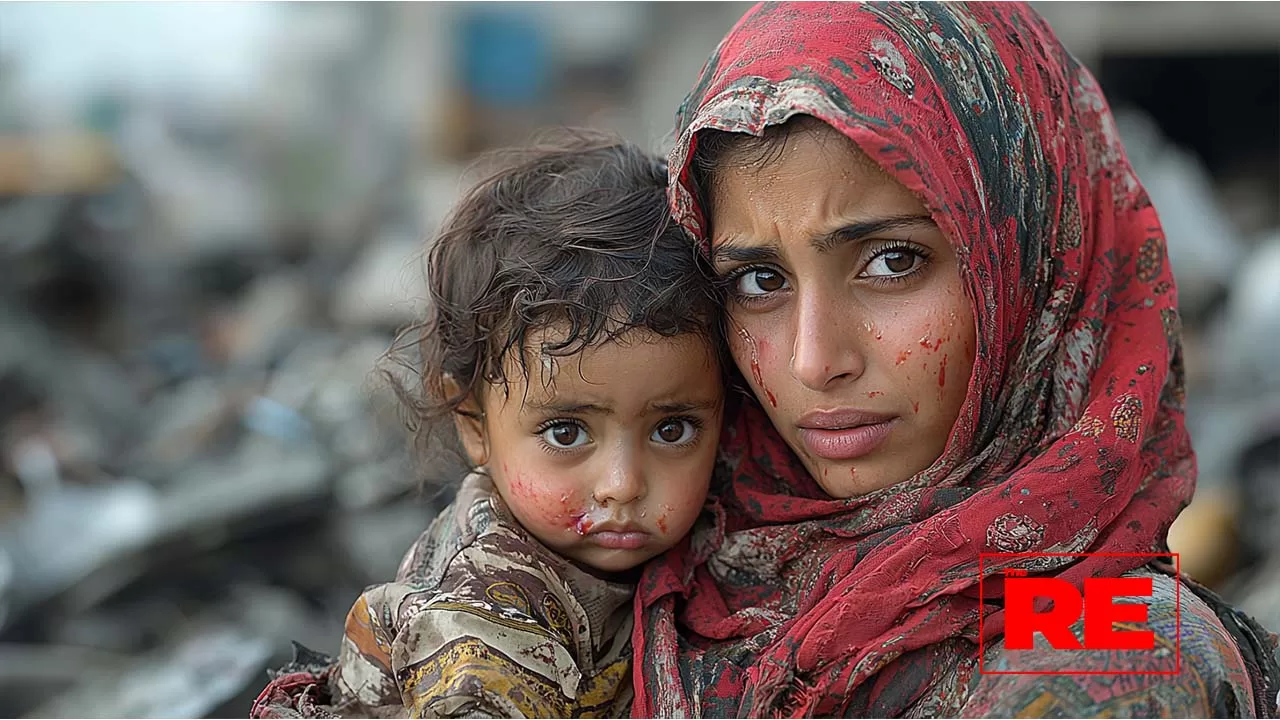
What does it mean to be a democracy that wages war in silence? What does it say about our values when we commit force, but refuse conversation? We spend billions maintaining these presences, but pennies questioning why they persist. We praise service, but rarely question strategy. We cheer defense budgets, but barely pause to examine where that defense begins and where it quietly expands.
This silence hurts soldiers too. Many who serve in these zones return with no clear narrative to carry. No mission to explain. No national dialogue to lean on. They come back from conflicts the public barely acknowledges, unsure how to talk about what they did, unsure how to process what it meant. There is no ticker tape for quiet wars.
We often say “support the troops,” but supporting them means more than slogans. It means being honest about where we send them, why we send them, and what they are facing when they go. It means not allowing endless deployments to places no one’s talking about, on missions no one’s truly accounting for.
These forgotten frontlines expose something deeper about our politics. We have grown comfortable with war as background noise. As a tool of diplomacy. As a routine extension of American interest. We speak the language of peace, but fund the infrastructure of endless conflict.
And when it is forgotten by the public, it becomes easier for institutions to act without permission. Easier to justify actions in the name of security that have nothing to do with safety, and everything to do with control. These are not new patterns. They are old habits, wrapped in new language.
The world is watching. And in places like Somalia, Yemen, and Sudan, the presence of American force is not a theory. It is real. It shapes how people see us. It shapes how history will record us. And if we keep ignoring it, it will shape the kind of future we quietly allow ourselves to build.
War is not only about what happens on the ground. It is about what we allow to happen in the dark. What we choose not to see. What we refuse to name. And sometimes, what we never even bother to ask.
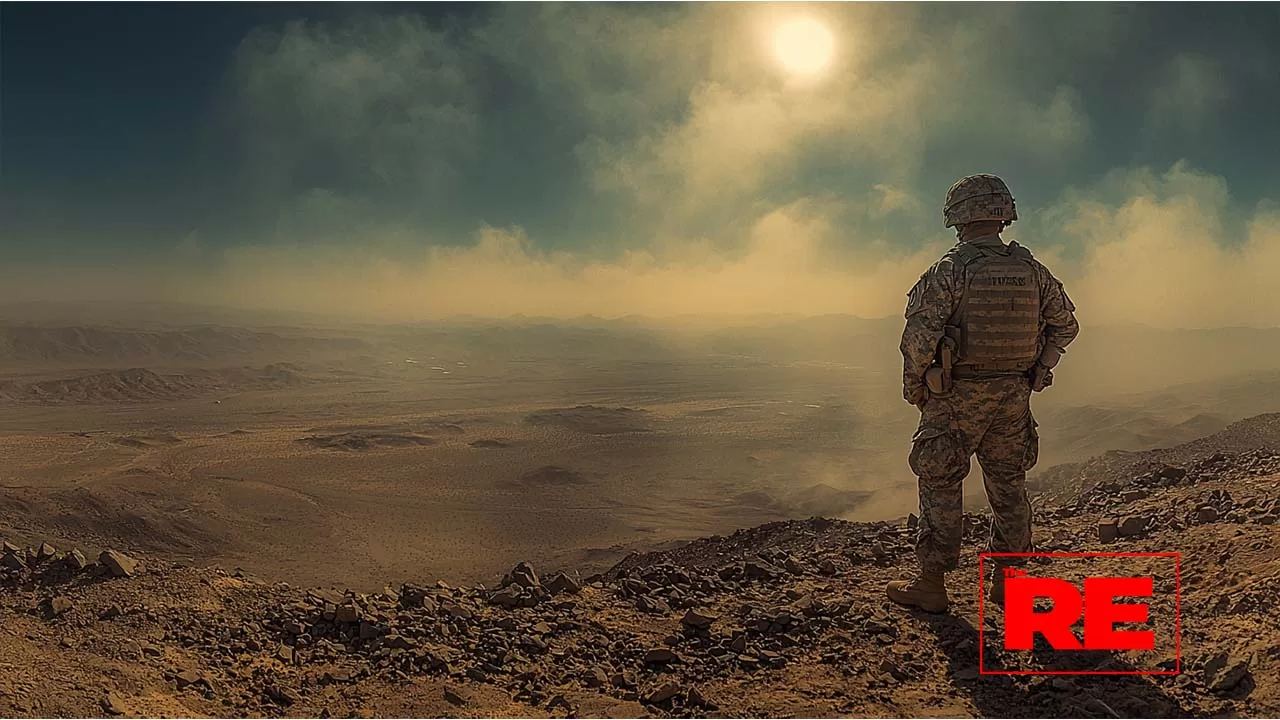
"Truth survives because of you. Make your gift count."
Every dollar helps us fight misinformation and dig deeper into stories that matter.

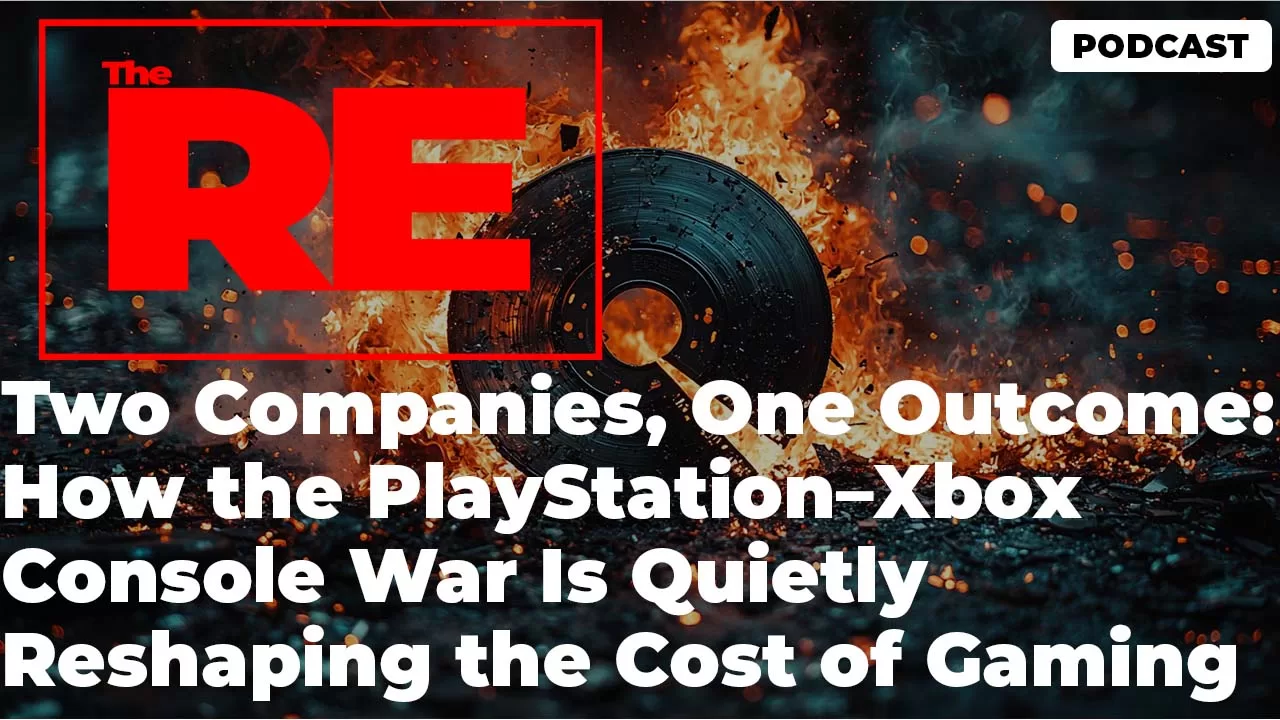

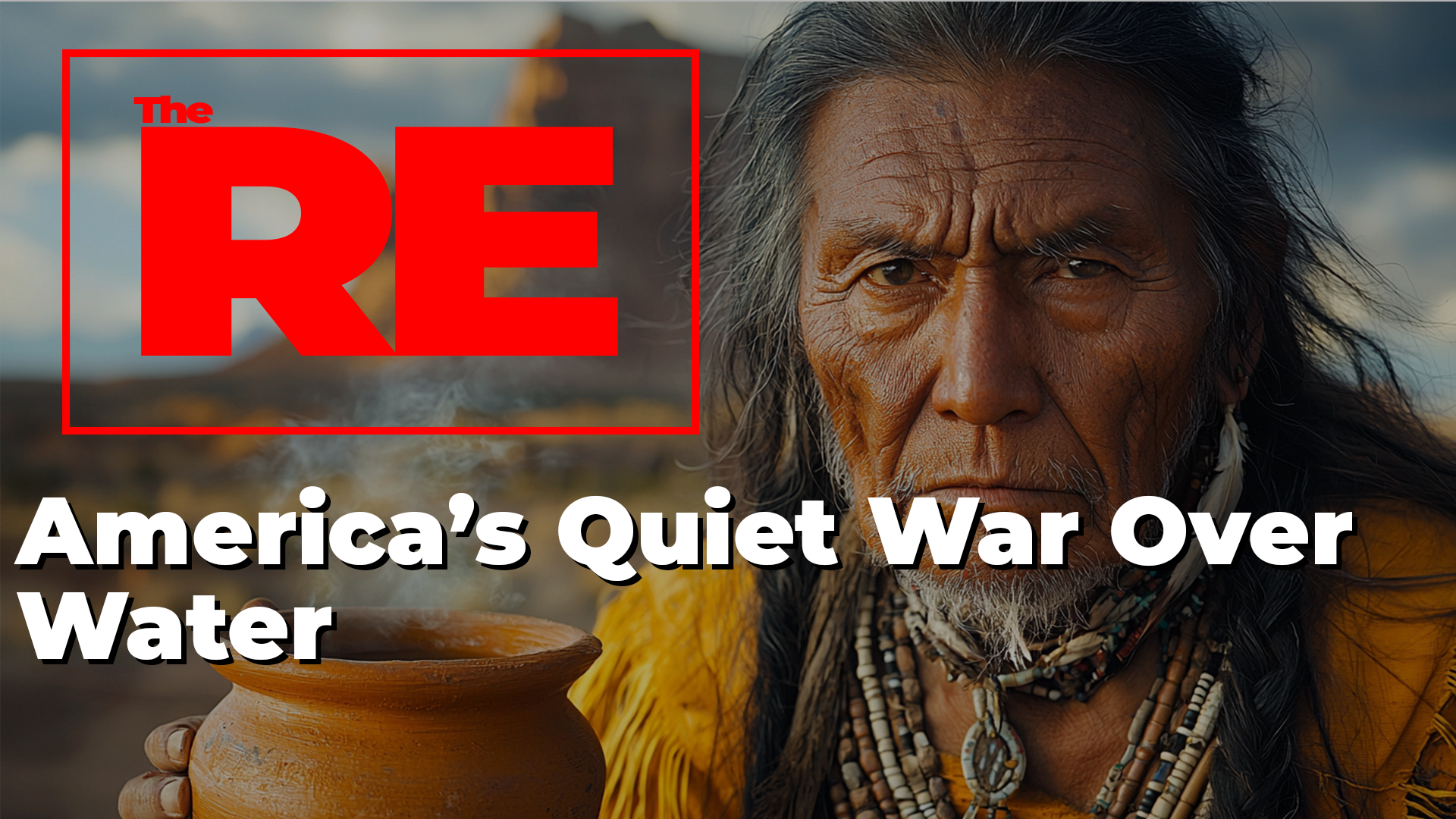

 and then
and then